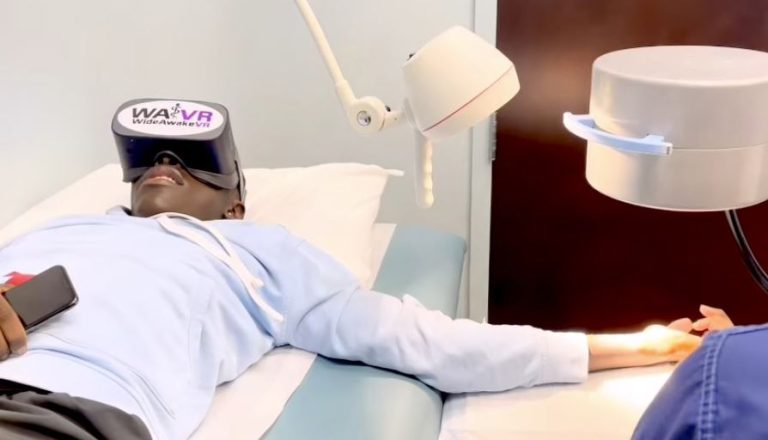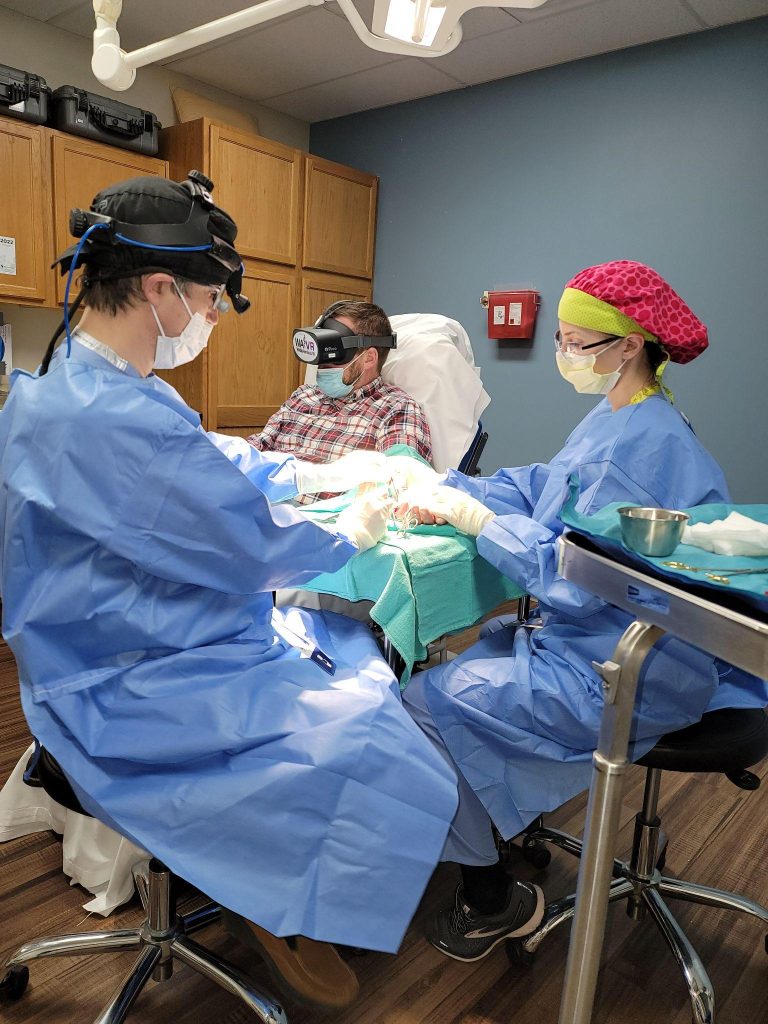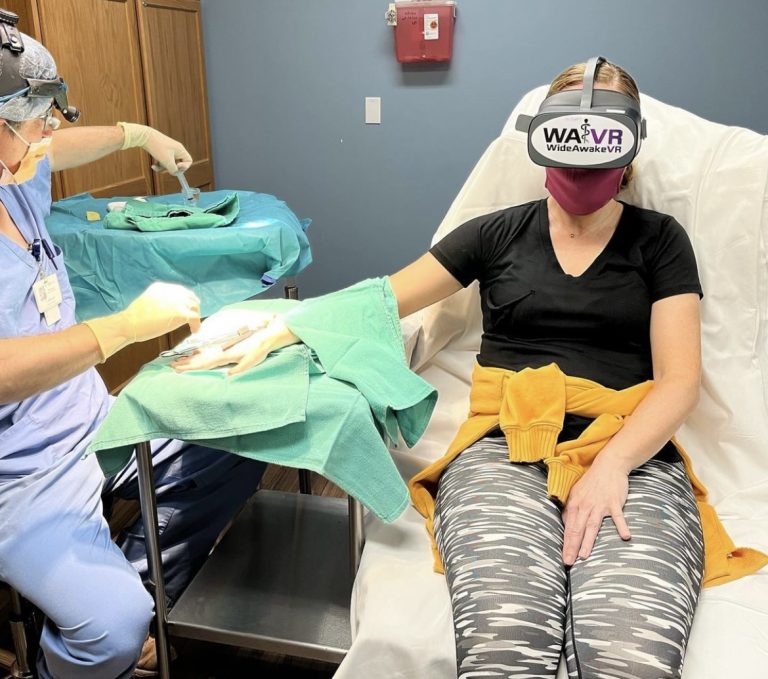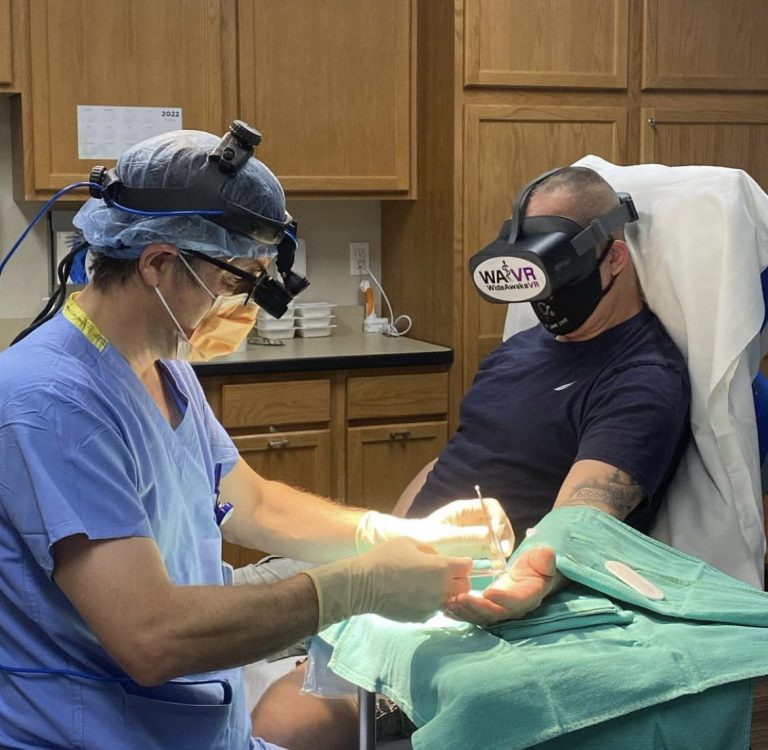Why Wide-Awake Surgery is the Future of Hand Surgery
New podcast alert! Dive into the world of wide-awake surgery with our latest episode. Discover why this game-changing technique is gaining traction in the US, offering patients convenience and fewer risks, while giving surgeons enhanced efficiency and control. The real kicker? Massive cost savings for all involved—patients, surgeons, and payers. Take carpal tunnel release surgery, for example: despite its popularity, a large study shows office-based awake procedures rose only from 1.2% to 3.4% between 2010 and 2020. Why the slow uptake? Many US hand surgeons are ready for Wide Awake Local Anesthesia No Tourniquet (WALANT), but with just 10% seeing financial gains, incentives may be the missing piece. Tune in to explore how pioneering surgeons can unlock these benefits and drive change!
Wide-awake surgery is revolutionizing hand procedures, yet its adoption in the U.S. remains slow. In our latest podcast episode, we dive deep into the Wide Awake Local Anesthesia No Tourniquet (WALANT) technique, a game-changing approach that eliminates the need for general anesthesia, offering greater convenience, fewer risks, and faster recovery for patients.
Why WALANT is Gaining Traction
Patients benefit from WALANT by avoiding sedation, meaning they can eat, drink, and even drive themselves home after surgery. Surgeons also gain more control and efficiency, leading to improved patient outcomes. Most importantly, the cost savings are substantial—reducing hospital fees, anesthesia costs, and overall healthcare expenses for both patients and payers.
The Slow Adoption in the U.S.
Despite its advantages, WALANT has seen only a modest increase in use for carpal tunnel release surgeries, rising from just 1.2% to 3.4% between 2010 and 2020. Why? The financial structure of U.S. healthcare often prioritizes high-cost hospital-based procedures over cost-effective office-based surgery. With only 10% of hand surgeons financially benefiting from WALANT, the incentive to transition remains limited.
Unlocking the Benefits & Driving Change
Many hand surgeons are eager to adopt WALANT, but systemic changes are needed to align financial incentives with patient-centered care. In this episode, we explore how pioneering surgeons can push for change, reduce costs, and improve surgical efficiency while delivering superior patient experiences.




